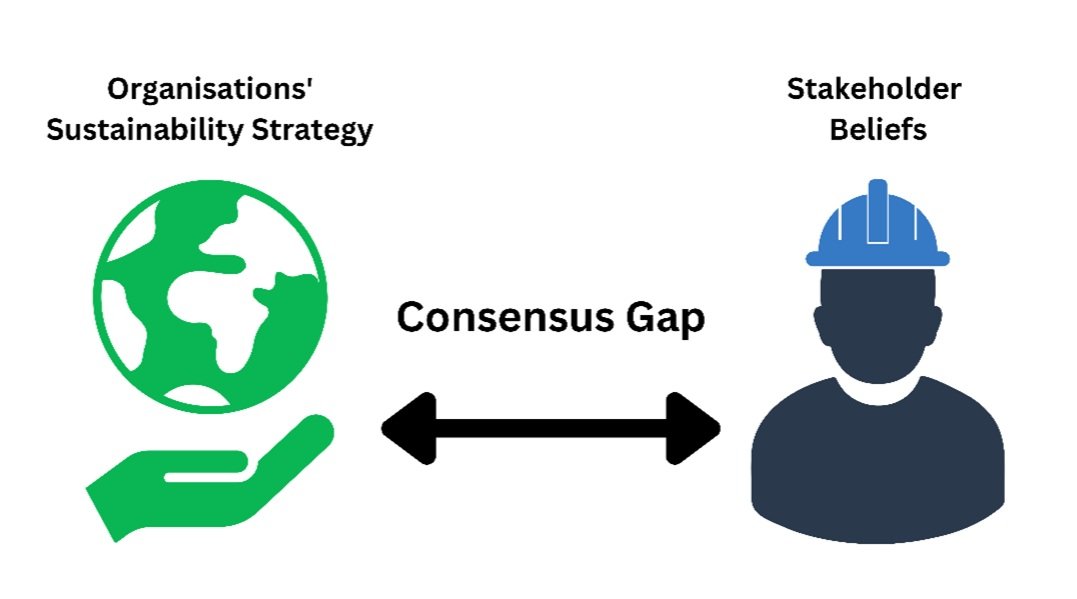Business Growth vs Environmental Commitments
-
The impact of climate change has been at the forefront of the world stage since the 2015 UN Paris agreement
Now, more than ever, we all have a part to play in adopting climate-conscious initiatives
This article will consider the impact of three proven methods: incentivisation, consensus building and comprehensive reporting, in helping businesses to achieve a greener outlook
“For many businesses, the pursuit of net zero carbon emissions, has focused on the implementation of green policies, practices and initiatives. This article aims to shift this focus to the tools available to business owners. For example, introducing incentives, which encourage employees to adopt a greener attitude.”
Immediate action is required to enable net zero global CO2 emissions by 2050, as outlined in the 2015 Paris Agreement.
We all have a part to play and organisations must provide a measurable sustainability framework underpinned by tangible commitments to green business practices.
This necessary organisational change can be driven by correctly applying proven methods – incentivisation, consensus building and comprehensive reporting.
A Greener Business Outlook
Traditionally, many businesses have viewed climate-conscious initiatives as unprofitable. Having failed to recognise the value of being greener, the transition from ‘dirty’ to ‘clean’ technologies has stalled.
Today, public Environmental, Social and Governance (ESG) commitments are increasingly commonplace among organisations. Many recognise that green technologies, such as solar panels, can reduce energy costs in the long run [1].
Beyond the carrot of greater profits, positive environmental commitments are becoming a business essential. When tendering, many organisations will recognise the growing emphasis on ESG in clients’ evaluation criteria, particularly for public procurements.
Linking Remuneration to Sustainability
A growing number of organisations have introduced ‘executive remuneration’ to support strategy implementation [3], providing financial incentives to help fulfil environmental goals using key performance indicators (KPIs). Such incentives are most effective when a balance of short to medium and long-term goals are set. However, some studies suggest positive outcomes are not immediate and it can take 3 years after adoption to see the effects [4].
Organisations can extend these incentives to their supply chains. Contracts may include provisions for bonus payments if the supplier meets its environmental sustainability KPIs. Green contracting incentives are likely to grow in popularity as more businesses embrace circular economy principles. In the construction sector, this can include procuring sustainable building supplies or even upcycling excavated materials.
However, UN Global Compact reports that only 13% of organisations recognise the positive relationship between staff incentives and environmental performance. Only 14% of businesses reward their suppliers for achieving favourable sustainability outcomes [5].
Closing the Consensus Gap
Studies have identified a ‘consensus gap’ between organisations’ sustainability strategy and stakeholders’ beliefs [6]. A lack of confidence among employees can weaken the implementation of greener practices. Consensus gaps also increase the risk of excluding key stakeholder insights from strategy and implementation.
Building consensus requires a common goal supported by transparency, clear processes, and active participation [7]. Simply put, ESG initiatives should not be created behind closed doors. To achieve meaningful sustainability targets you need buy-in from across the business. Holding regular meetings with team leaders can help to align sustainability goals with financial targets and employee satisfaction.
Measuring Success & Mitigating Risk
Increasing accountability by identifying shortcomings and remedial strategies can improve the chances of positive outcomes. Reporting should cover all business operations and include the performance of supply chain partners.
A pioneering example is that of Kering, the multi-national luxury group, that use an Environmental Profit & Loss Account (EP&L) tool. This innovative accounting method translates Kering’s environmental activities into monetary terms [8]. Scenario modelling enables Kering to forecast the environmental impact of project decisions. These data insights help to build stakeholder consensus, informing sustainability strategy planning and implementation.
To further support positive industry change, Kering shares its methodology with other organisations.
Closing Thoughts
Effectively incentivising change, establishing organisational consensus and measuring success are the foundations of achieving effective change and net zero targets. This should extend across all business operations, including supply chains. Stakeholder incentives can supplement these efforts.
The benefits associated with being greener continue to grow. Emphasis on the ESG framework in procurement is a testament to this, and many organisations will soon embrace sustainable activities out of necessity.
Contact us to find out how our research, strategy and transformation services can help your organisation to achieve sustainable outcomes.
Get in touch
Words by Paul Giraudi
References
[1] https://www.mckinsey.com/business-functions/strategy-and-corporate-finance/our-insights/building-a-forward-looking-board [2] https://newsroom.accenture.com/news/nearly-all-companies-will-miss-net-zero-goals-without-at-least-doubling-rate-of-carbon-emissions-reductions-by-2030-accenture-report-finds.htm#:~:text=1%2C%202022%20%E2%80%93%20While%20more%20than,Accenture%20(NYSE%3A%20ACN).[3] https://www.unglobalcompact.org/what-is-gc/our-work/implementation https://www.unglobalcompact.org/what-is-gc/our-work/implementation[4] https://www.pwc.co.uk/services/human-resource-services/rewarding-your-people/making-executive-remuneration-work-for-you.html [5] https://link.springer.com/content/pdf/10.1007/s10551-020-04556-8.pdf?pdf=button[6] https://www.accenture.com/_acnmedia/Thought-Leadership-Assets/PDF-5/Accenture-Sustainability-Consensus-Gap-Report2.pdf[7] https://www.seedsforchange.org.uk/shortconsensus [8] https://www.kering.com/en/sustainability/measuring-our-impact/our-ep-l/







